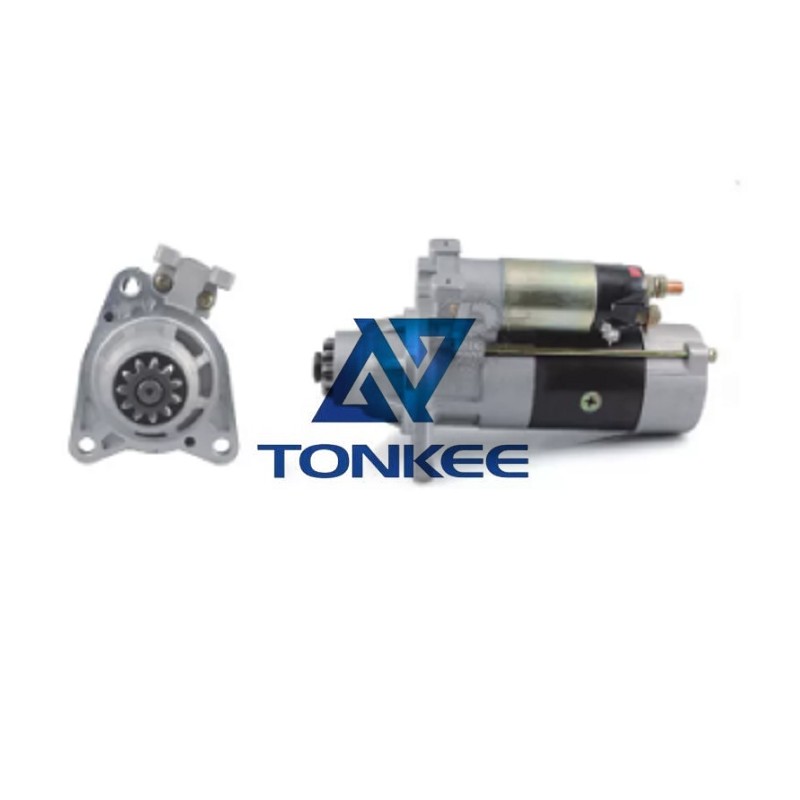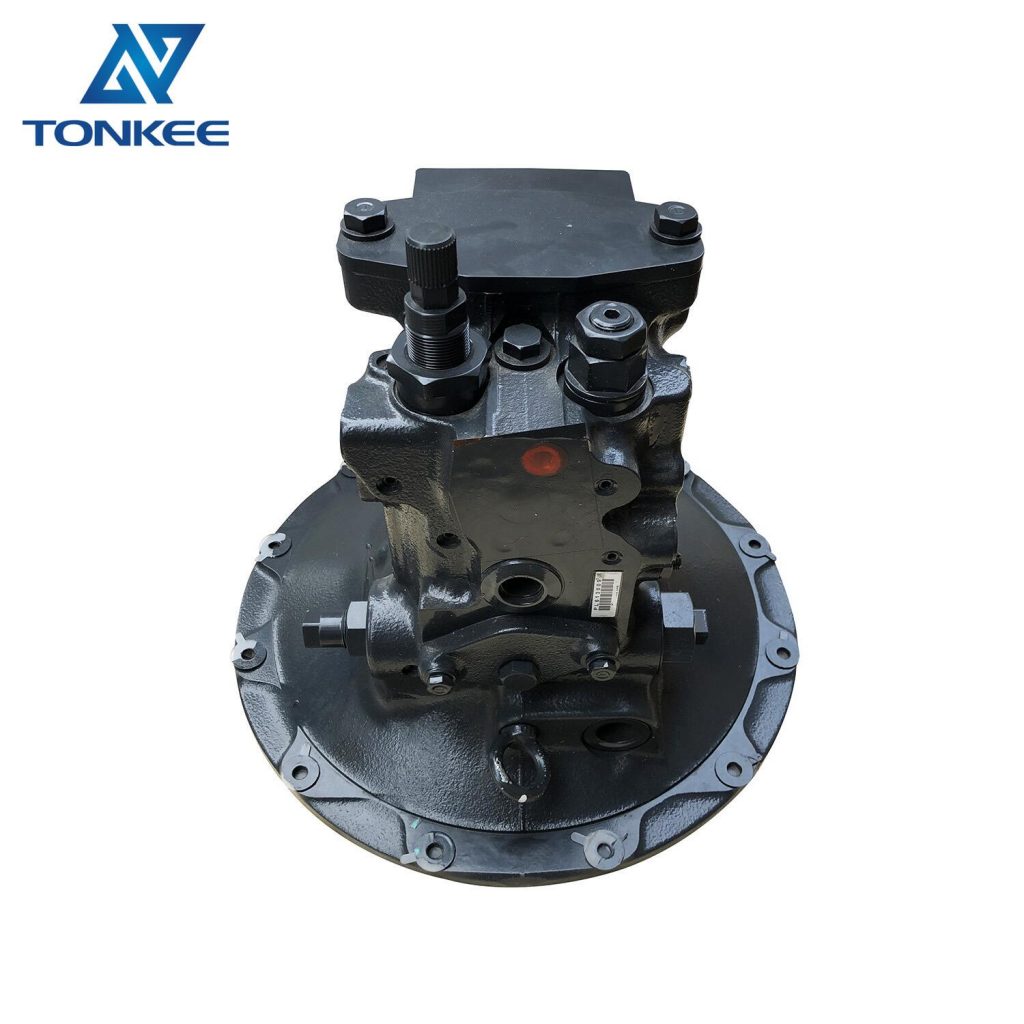
The 6.0KW starter motor is a high-power electrical device designed to initiate the internal combustion process of the HD1430 6D24 engine.
This motor has a power rating of 6.0 kilowatts, which signifies its ability to provide a substantial amount of electrical energy to turn over the engine's crankshaft and get it started. The power output is a key specification as it determines the motor's capacity to start the engine, especially in demanding conditions or when the engine is cold.
This starter motor is designed to be a direct fit for the HD1430 6D24 engine, ensuring compatibility and ease of installation. It is constructed with durable materials and a robust design to withstand the rigors of heavy-duty applications. The housing and internal components of the starter motor are engineered to be resilient and reliable, ensuring long-lasting performance in challenging environments.
The 6.0KW starter motor for the HD1430 6D24 engine is an electric motor that operates on a 12-volt electrical system, which is standard in most heavy machinery and vehicles. This voltage requirement is essential to ensure that the motor can draw the necessary power from the machine's electrical system to turn the engine over and start it effectively.
The starter motor incorporates a solenoid, which is an electromagnetic switch that engages the starter motor with the engine's flywheel.
This solenoid is responsible for controlling the engagement and disengagement of the starter motor. It operates in response to the driver's input, typically turning the ignition key or pressing a button. The solenoid ensures that the starter motor engages precisely when needed and disengages once the engine is running.
The 6.0KW starter motor features a pre-engaged design, which means that the pinion gear meshes with the flywheel's ring gear before the motor starts turning. This design reduces wear and tear on the gear teeth and promotes smoother, quieter starts. It also enhances the motor's overall durability.
The starter motor's efficient design minimizes energy wastage and heat generation, making it a more eco-friendly and cost-effective choice. Its efficiency is crucial in conserving electrical power and prolonging the lifespan of the motor.



 English
English Русский язык
Русский язык




